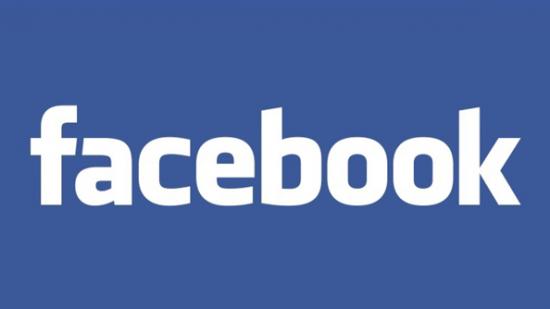In a week’s time, I’m sure, we’ll all be able to say ‘Facebook are buying the Oculus Rift’ without all the incongruity alarms in our heads wailing – just like we’re now able to say ‘Tesco invaded Poland’ as historical fact.
Oculus, however, are beginning a long, careful process of reassurance. Sickeningly youthful inventor Palmer Luckey has taken to Reddit to pooh-pooh the idea that Facebook might turn the good ship Oculus away from games, or disassemble the company and sell it for scrap.
“I am sorry that you are disappointed,” he told one fan. “To be honest, if I were you, I would probably have a similar initial impression! There are a lot of reasons why this is a good thing, many of which are not yet public.”
Virtual reality will continue to be led by the games industry, said Luckey – “largely because it is the only industry that already has the talent and tools required to build awesome interactive 3D environments”.
But in the long run, Oculus expect it’ll be adopted just as deeply by several other industries.
“The current focus on gaming is a reflection of the current state of VR, not the long term potential,” he wrote. “Education, communication, training, rehabilitation, gaming and film are all going to be major drivers for VR, and they will reach a very wide audience.”
Check out the best gaming headsets
The Facebook deal, then, is Oculus’ biggest step in enabling that wide reach.
“We are not targeting social media users,” explained Luckey. “We are targeting everyone who has a reason to use VR.”
Luckey pointed out that Oculus “continues to operate independently”, and specifically reassured fans about the Rift’s continuing accessibility to PC developers.
“We are going to remain as indie/developer/enthusiast friendly as we have always been, if not more so,” he said. “This deal lets us dedicate a lot of resources to developer relations, technical help, engine optimizations, and our content investment/publishing/sales platform.
“We are not going to track you, flash ads at you, or do anything invasive.”
Indeed, Luckey said that neither Rift users nor developers will need a Facebook account to get involved with the headset – and expects that “if anything, our hardware and software will get even more open, and Facebook is onboard with that”.
As for independence – Luckey noted that Oculus have had to answer not just to Kickstarter backers, but later to investment partners picked up from two rounds of funding.
“We have even more freedom than we had under our investment partners because Facebook is making a long term play on the success of VR, not short-term returns,” he said.
And here’s the most persuasive part: the deal will allow Oculus to “greatly lower” the price of the Rift.
“I won’t change, and any change at Oculus will be for the better,” said Luckey. “A lot of people are upset, and I get that. If you feel the same way a year from now, I would be very surprised.
“I am 100% certain that most people will see why this is good in the long term.”
